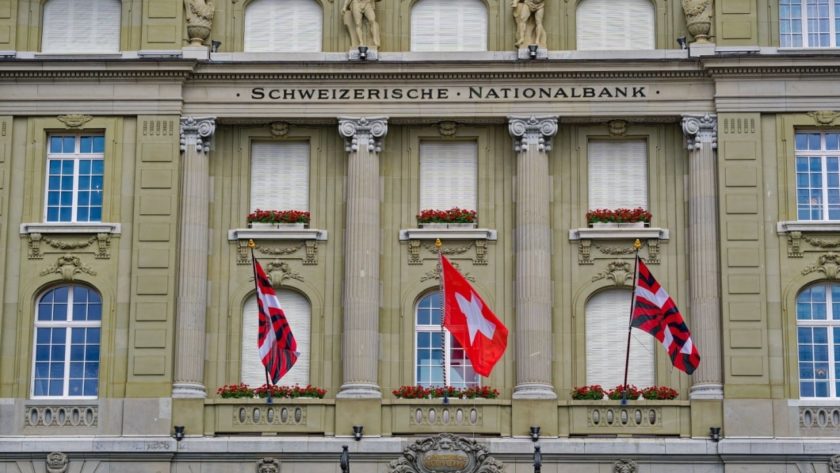Apart from blockchain technology, Thailand has also joined a growing number of countries currently exploring the cryptocurrency space.
The Bank of Thailand has successfully launched a government savings bond on the IBM (NYSE: IBM) blockchain. Investors in the country can now buy bonds worth the maximum allowed value from a single bank.
On the 5th of October, IBM announced that the blockchain-based government savings bond is the first of its kind globally. The announcement also stated that the central bank sold $1.65 billion worth of savings bonds within two weeks of launch.
Bank of Thailand and IBM
Stating one of the benefits of using blockchain technology, the announcement says investors can now enjoy a reduced time frame for bond issuance. Before now, the issuance process was complex and took up to 15 days. Now, leveraging the blockchain will reduce the processing period to two days. The efficiency during the process has also reduced the cost of issuing bonds and operational complexity.
In addition, the process of the newly launched blockchain-backed sale of government savings bonds is now streamlined. Issuers, investors, underwriters, registrars, and key ecosystem participants will now enjoy minimized redundant validation of documents during issuance.
IBM and the Bank of Thailand partnered with seven other institutions in developing a more efficient bond infrastructure. The other institutions include the Public Debt Management Office, Thailand Securities Depository Co., Thai Bond Market Association, and four selling agents banks. The banks involved are Bangkok Bank, Krungthai Bank, Kasikorn Bank, and Siam Commercial Bank.
The vice president for Indochina Expansion and MD of IBM Thailand Patama Chantaruck said:
“Bank of Thailand’s success with the government savings bond project is the latest example of how blockchain technology can redefine the way businesses operate by simplifying complex processes resulting in fast, transparent, secured and efficient multiparty collaboration.”
Now, the Bank of China is planning to extend blockchain technology across all government bonds for retail and wholesale investors.
Bank of Thailand Explores Blockchain Technology
Over time, Thailand has proven to be an active user of blockchain technology. Last year, the Customs Department of Thailand turned to blockchain platform TradeLens, becoming the second government agency in southeast Asia to use the platform.
Chantaruck said TradeLens would provide an automatic tracking tool for a more secure and efficient workflow. Notably, the adoption of TradeLens was also to create more transparency.
At that time, the department worked with IBM and logistics provider Maersk on the adoption of TradeLens.
Apart from blockchain technology, Thailand has also joined a growing number of countries currently exploring the cryptocurrency space. Like some of these countries, the Thai central bank has launched a pilot test for its central bank digital currency (CBDC).
In an official statement, the bank revealed plans to test the digital currency payment system on some businesses before the official launch. After the launch, the Bank of Thailand will integrate the new digital payment system on other business platforms.
China is currently leading the CBDC race and has begun its pilot test for a CBDC backed by the yuan.
A Bitcoin adviser Chandler Guo is bullish about the Chinese payment system, also known as the Digital Currency Electronic Payments (DECP). Confidently, Guo said everyone in the world would someday be using DCEP.
Tolu is a cryptocurrency and blockchain enthusiast based in Lagos. He likes to demystify crypto stories to the bare basics so that anyone anywhere can understand without too much background knowledge.
When he’s not neck-deep in crypto stories, Tolu enjoys music, loves to sing and is an avid movie lover.




